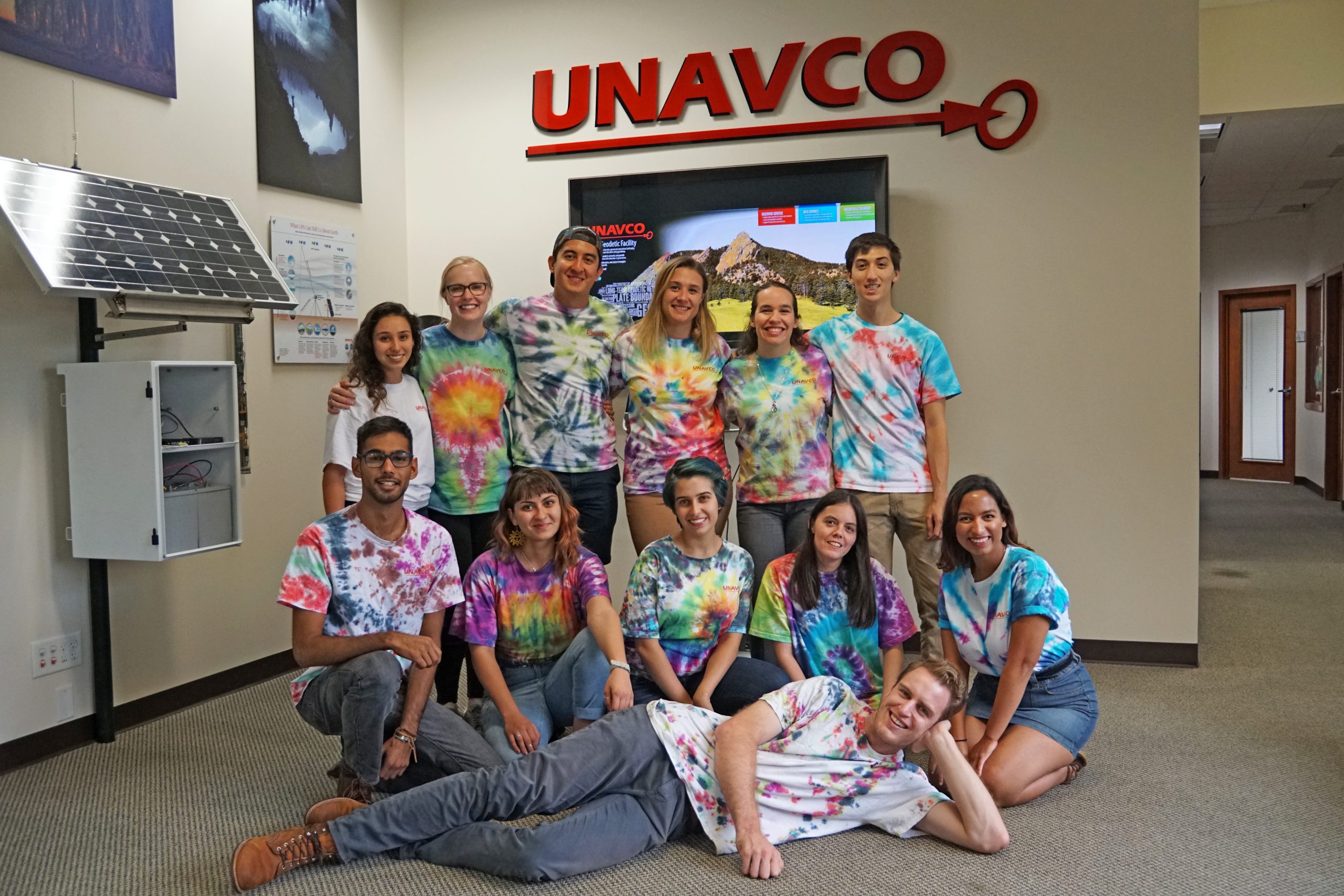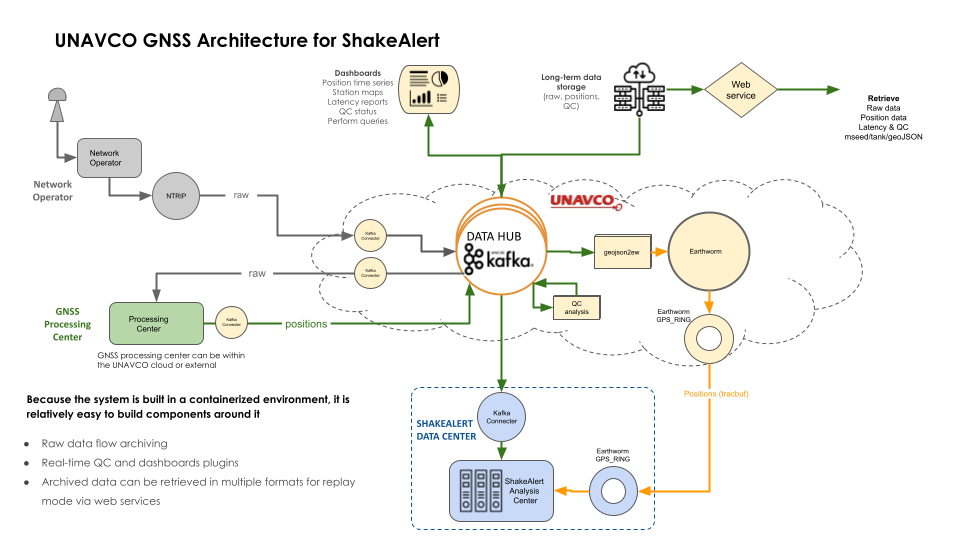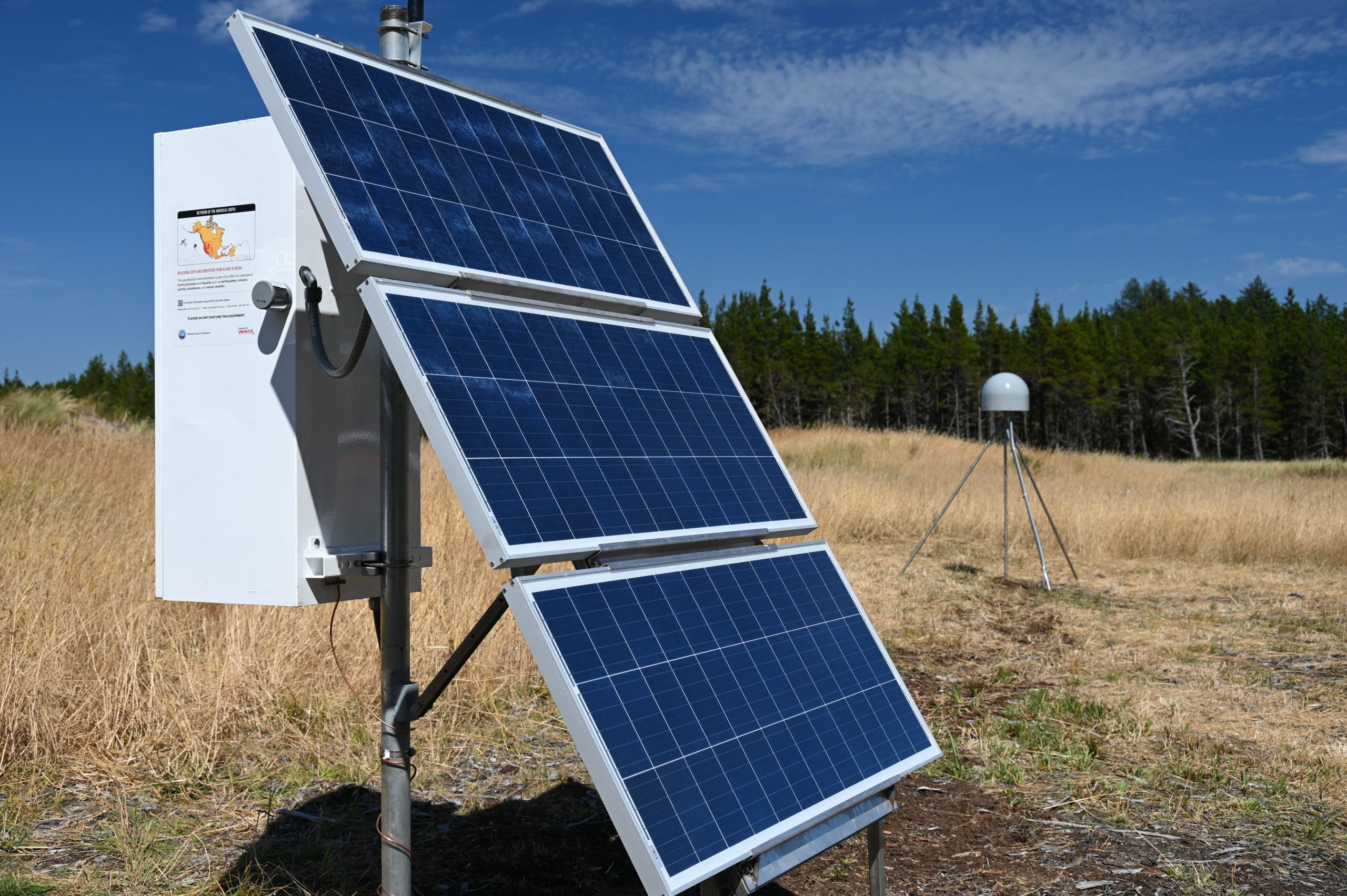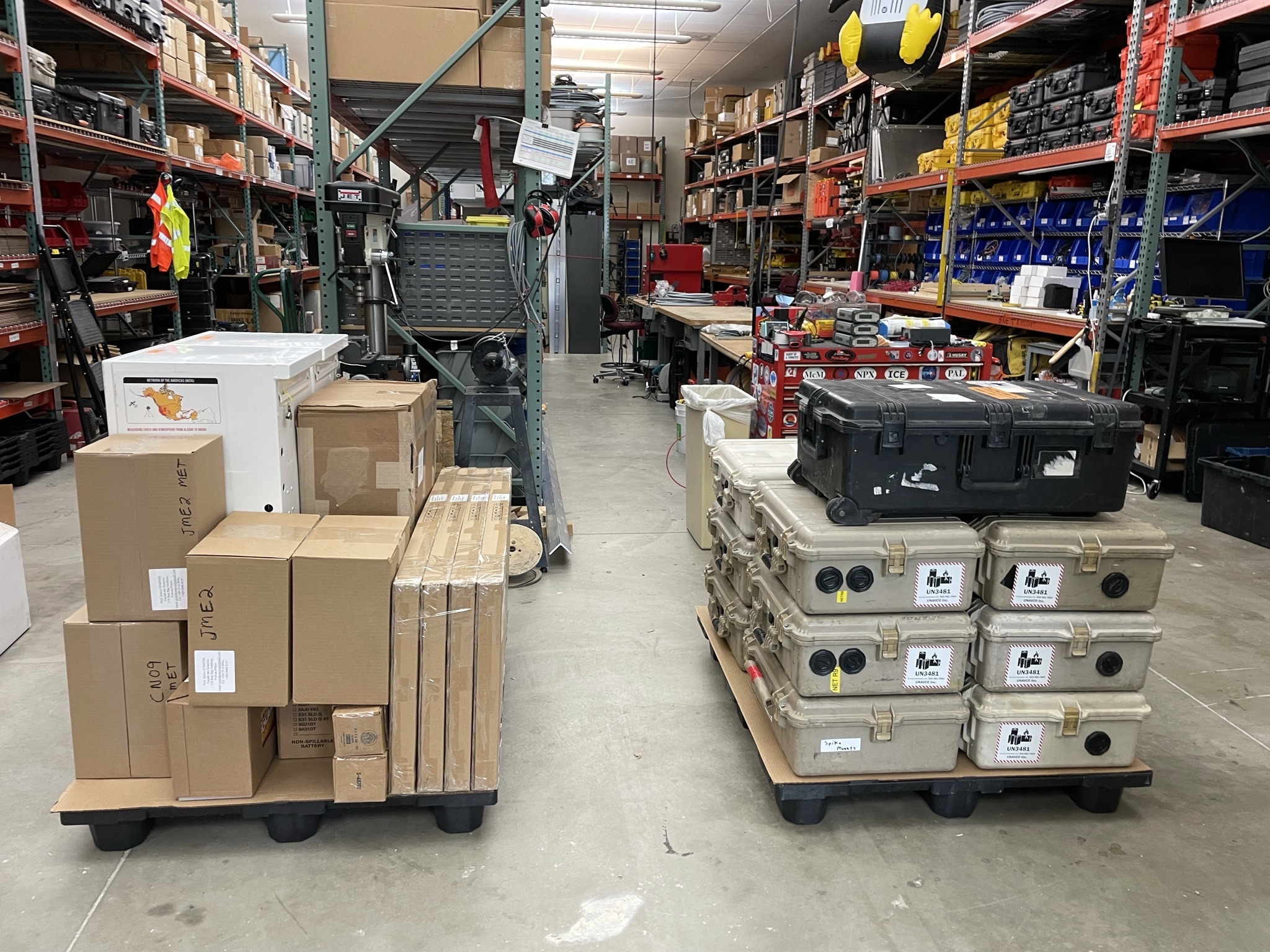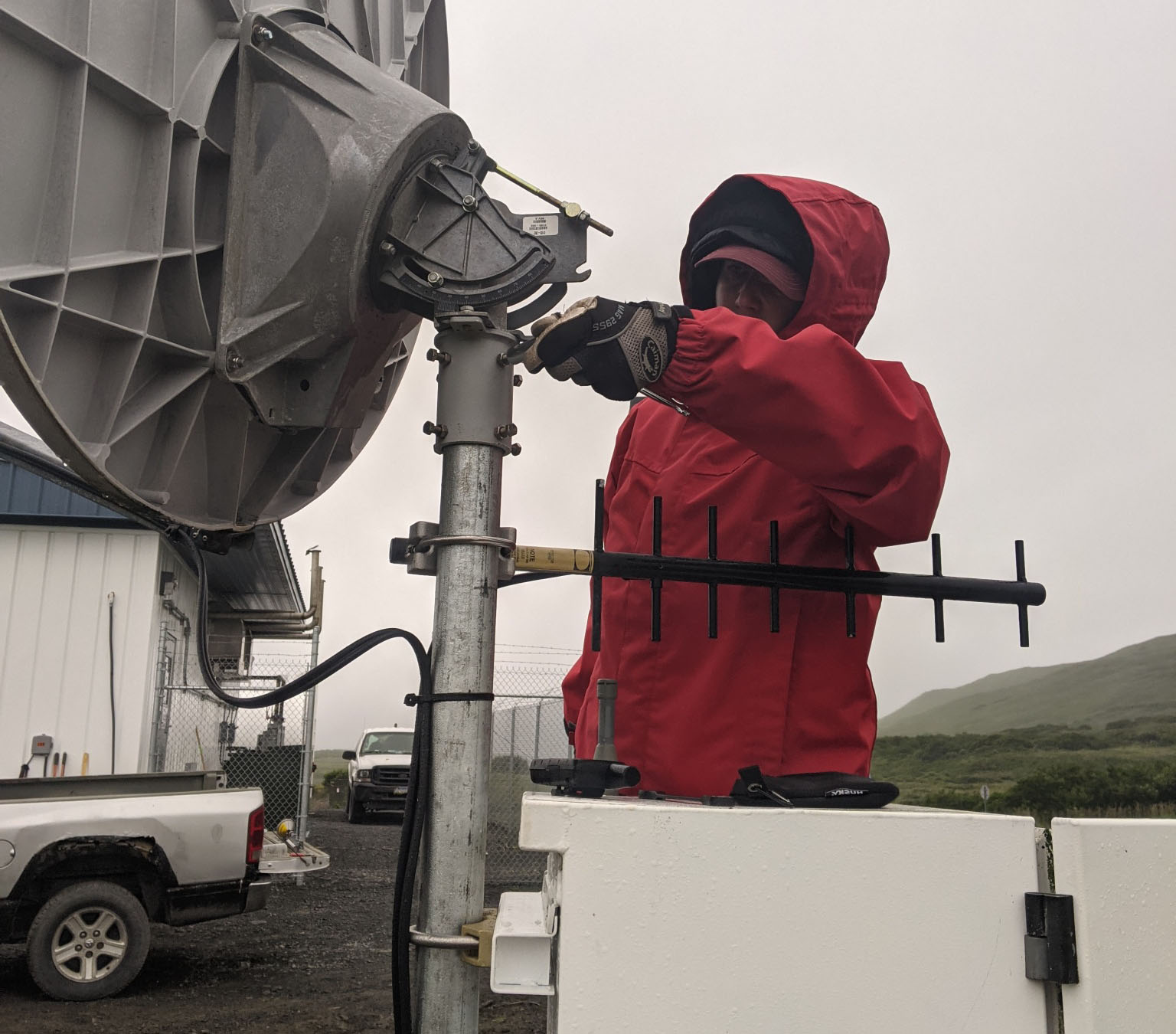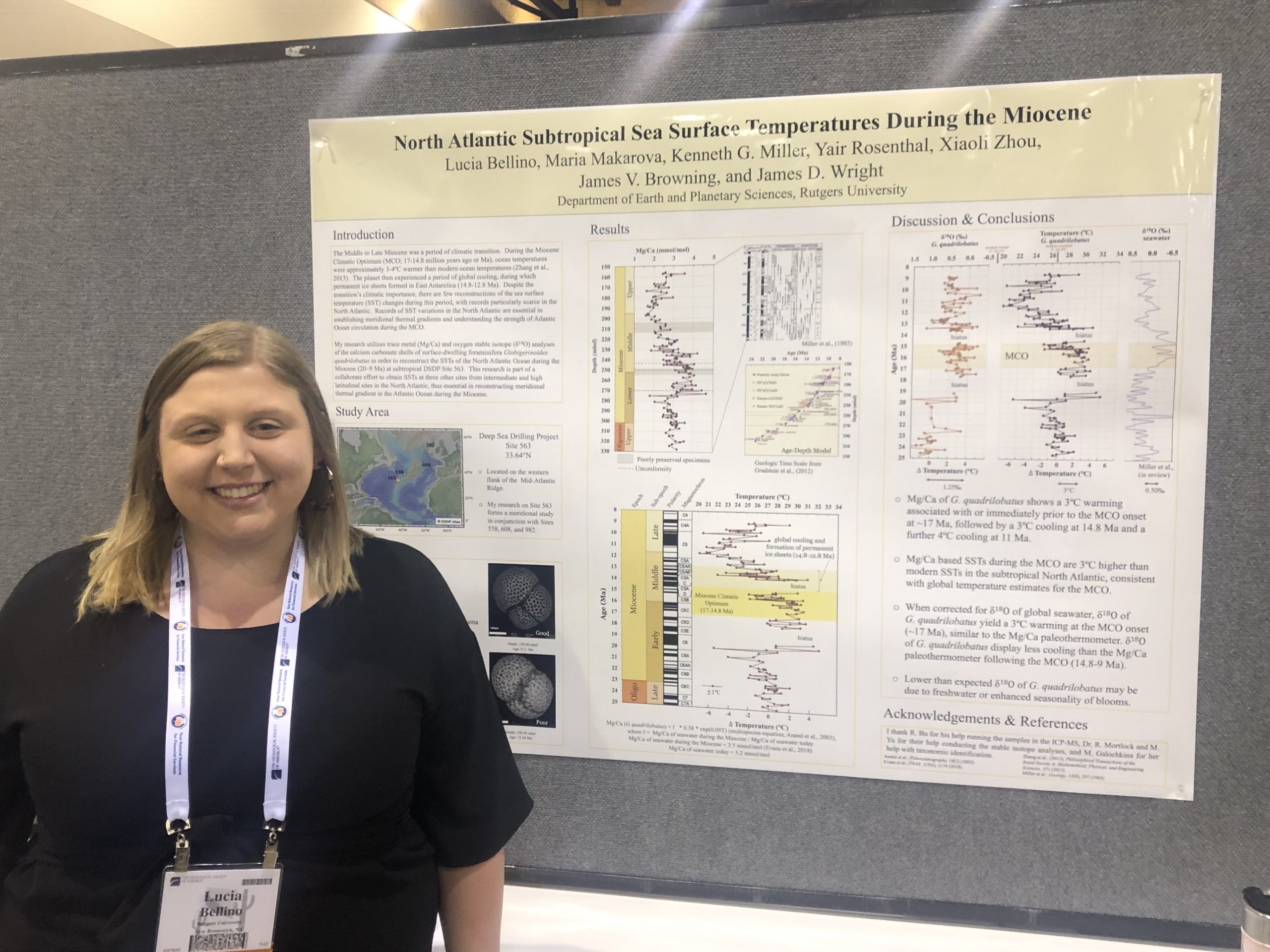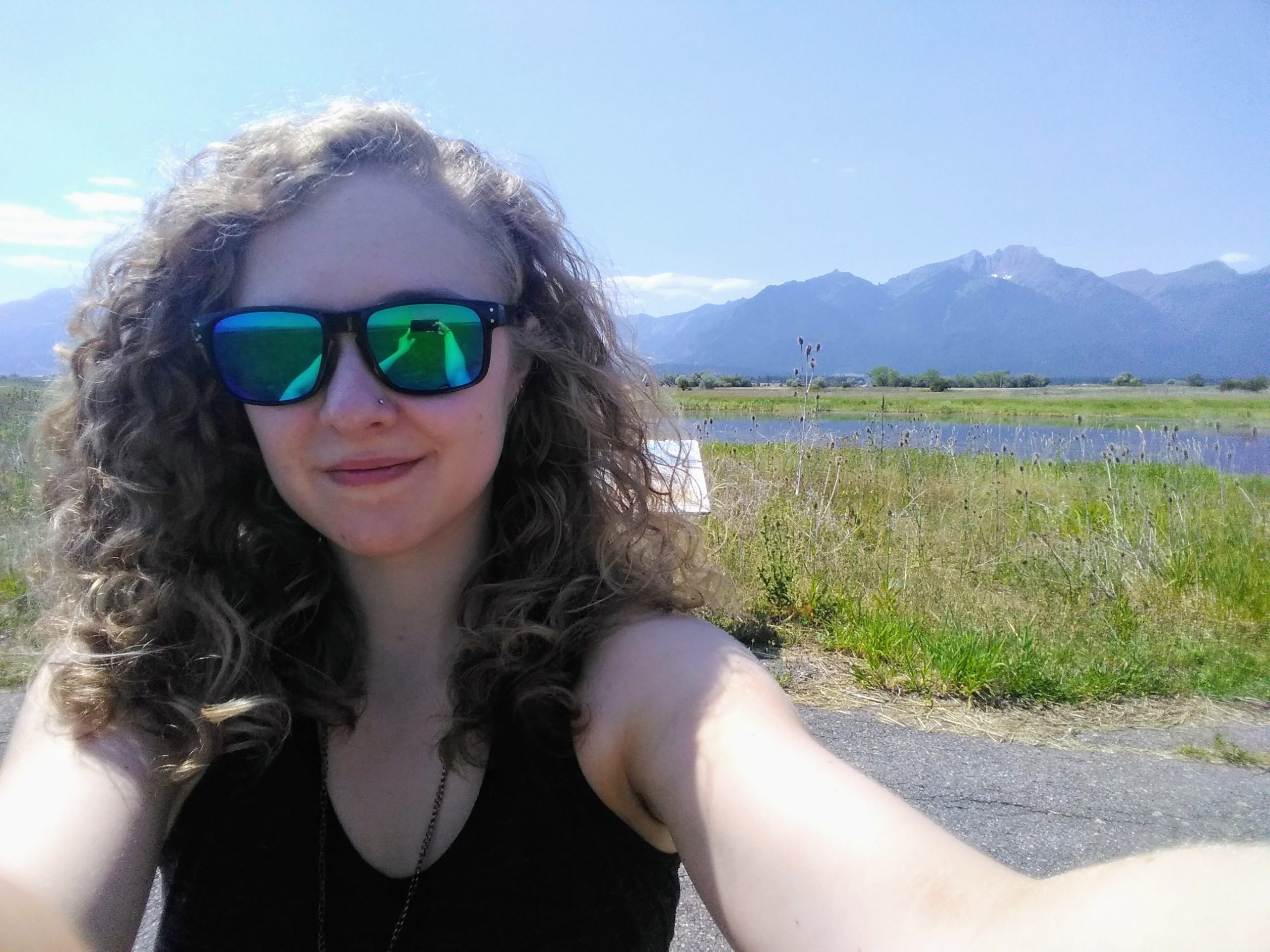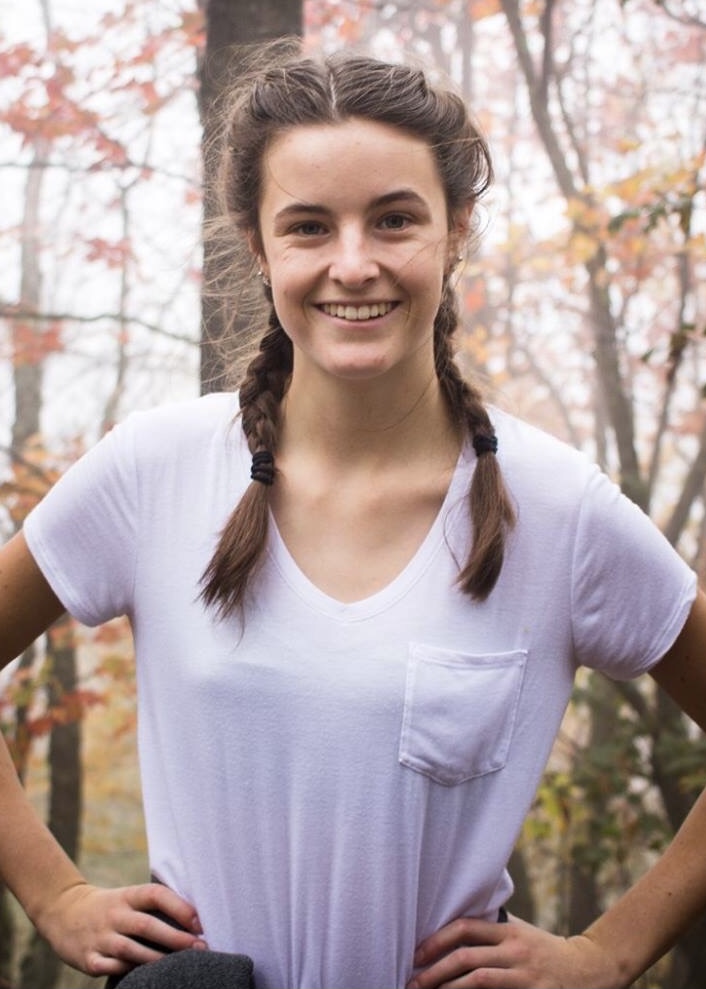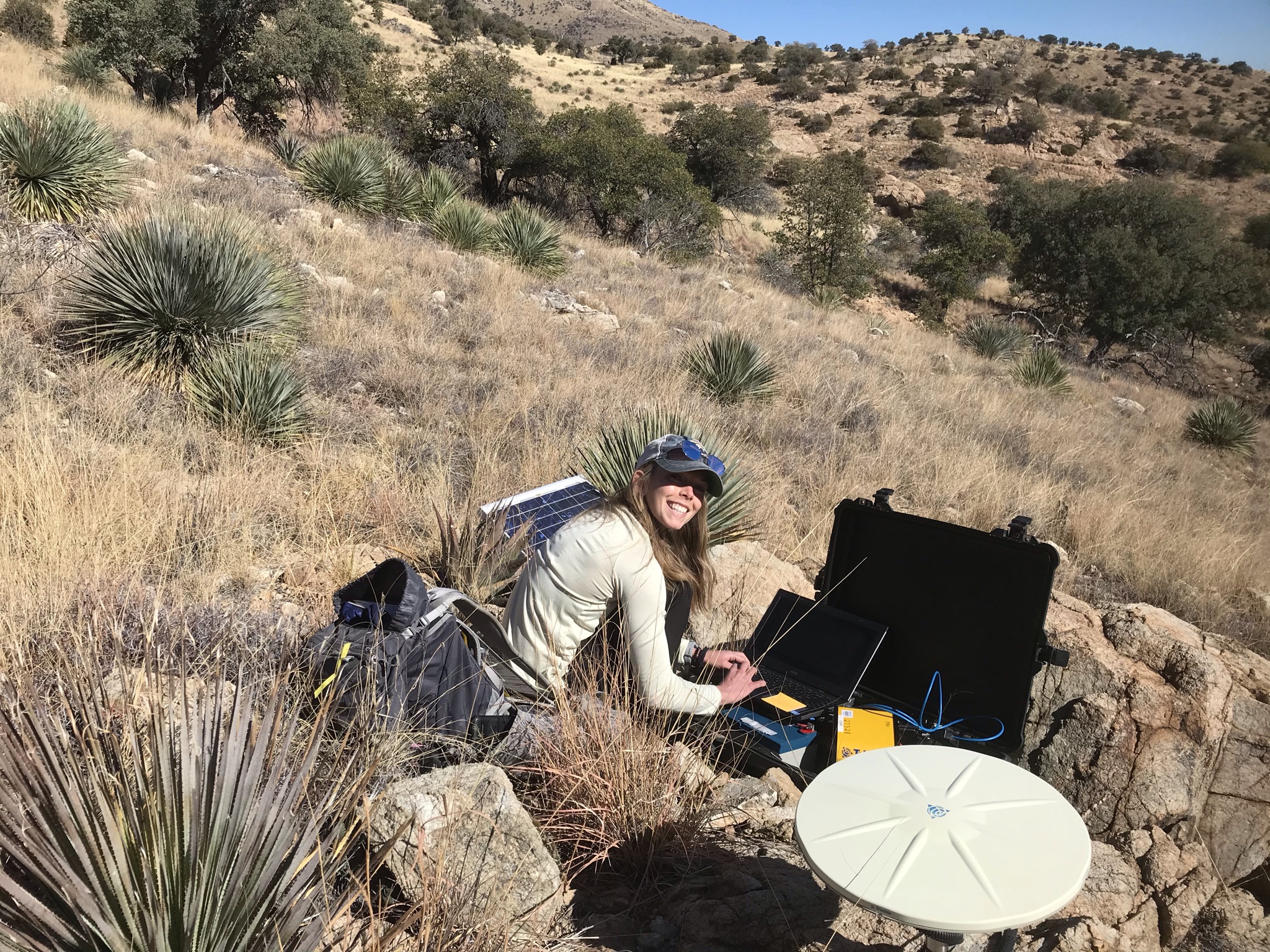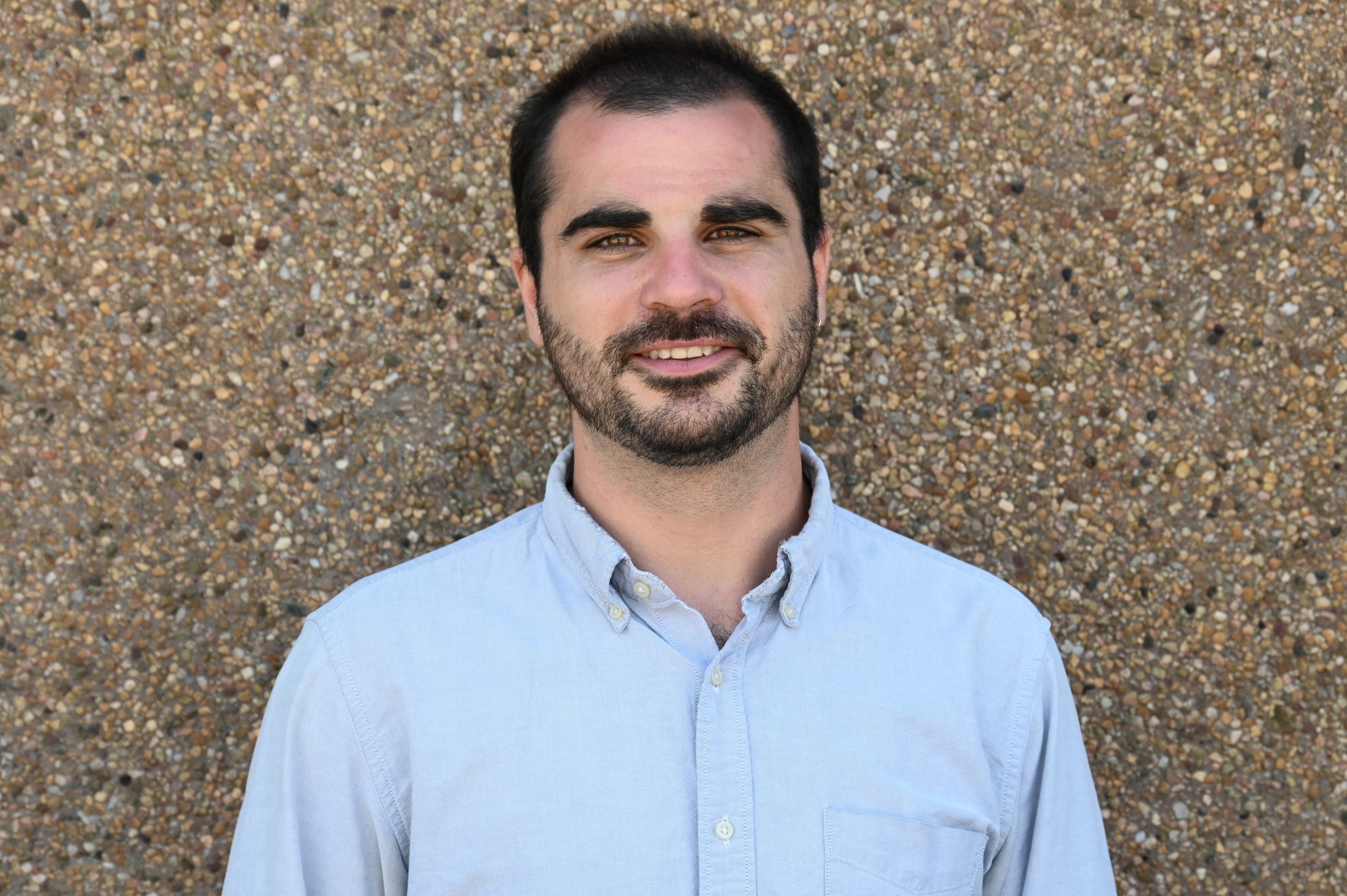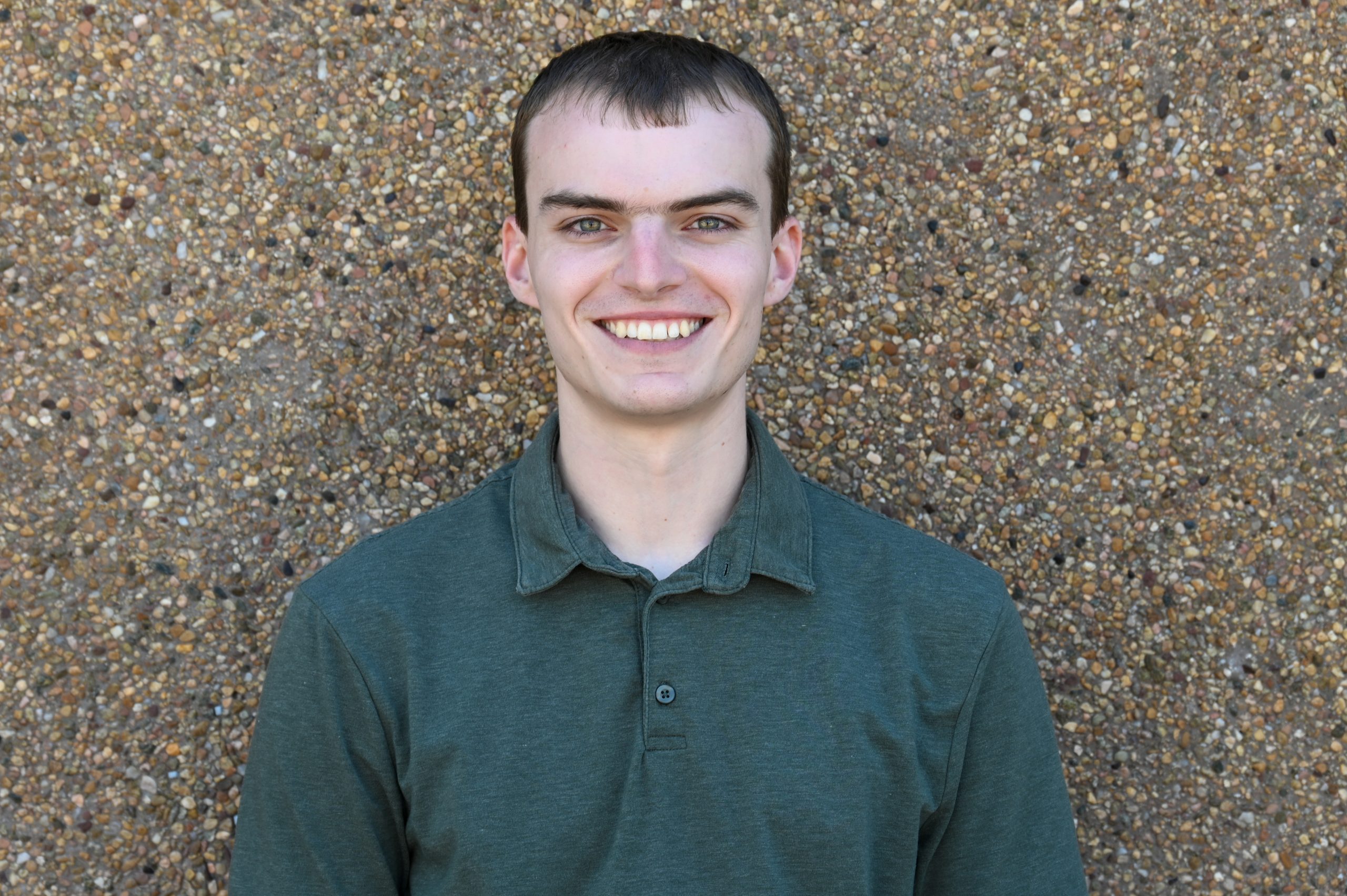6 Aug 2021
Intern Spotlight: Jordan Mazur (USIP)
Jordan Mazur is a recent graduate of Skidmore College, where she studied math and computer science. This September, she will be joining the Los Alamos National Laboratory as a post baccalaureate student. An Earth science field study program sparked Jordan’s interest in geology because there are so many mathematical and programming applications of Earth science. Jordan has loved math since preschool, so when she entered Skidmore College as a first-year student, she knew that she wanted to study math. She initially resisted studying computer science, but was required to take an introductory course for her math major.


